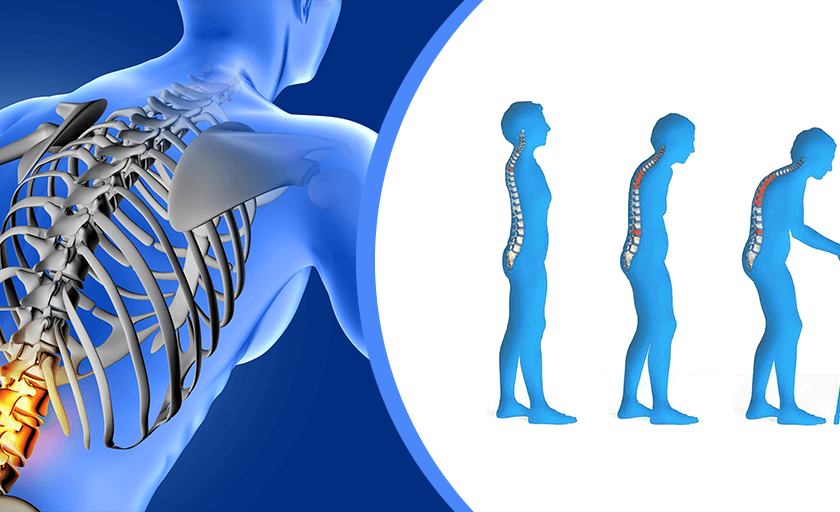Add to the diet foods containing vitamin D and calcium.
Vitamin D and calcium are essential for the osteoporosis patient. The diet should include sesame seeds, tahini (tahini halva, hummus), eggs, cheese, and dates.
Limit the consumption of foods that provoke the removal of calcium from the body.
In the first place among the main removers of calcium from the body are sugary carbonated drinks. They include phosphoric acid, which shifts the acid-base balance. The body calcium is excreted from the bones to restore balance. Lovers of coffee, cocoa and strong tea should limit themselves to 2-3 cups of aromatic drinks a day or add milk to them. Also, they should avoid consuming large quantities of chocolate. Of course, 1 slice of dark chocolate will not harm anyone, and nutritionists recommend to eat high-quality chocolate every day, but you cannot eat one bar or half a bar of chocolate every day.
Avoid fatty foods.
Fatty foods digest with bile. Calcium also needs bile to be well absorbed. For person with osteoporosis, calcium becomes the most essential element. Thus, the patient should avoid fatty foods – margarine, mayonnaise, limit the use of butter. However, fat and butter cannot be completely excluded. These are fats that reduce hunger for the longest time and increase the activity of enzymes. Moreover, from time to time, it is necessary to allow yourself to eat a small piece of bacon.
Balance your diet.
All types of nutrients should be in the diet. Proteins, fats and carbohydrates are the so-called macronutrients, without which any process in the body is impossible. Micronutrients are: vitamins, trace minerals, minerals, cellulose, omega fatty acids and salts (electrolytes).
Drink enough quantity clean water.
Drinking clean water should be regular. On average, a person should consume about 1,5-2 liters per day. However, this figure is average. It depends on the weather, the age and health status.
Do not drink alcohol and carbonated drinks.
Alcohol promotes bone loss and disrupts skeletal metabolism. Sometimes this happens already in adolescence. This is confirmed by the results of animal studies. The researchers gave young pigs a mixture of alcohol and juice twice a week, and then using special markers to determine the metabolic rate in the bones. After two months of research in these animals, the increase in bone mass was significantly lower than in the animals of the control group. Be aware that drinking alcohol during adolescence can negatively affect bone density.
Cook properly.
It is recommended giving preference to fresh fruits and vegetables. Fried, smoked products should limit, foods can stewed and baked. For better absorption of nutrients, it is advisable to eat more often and in small portions.

